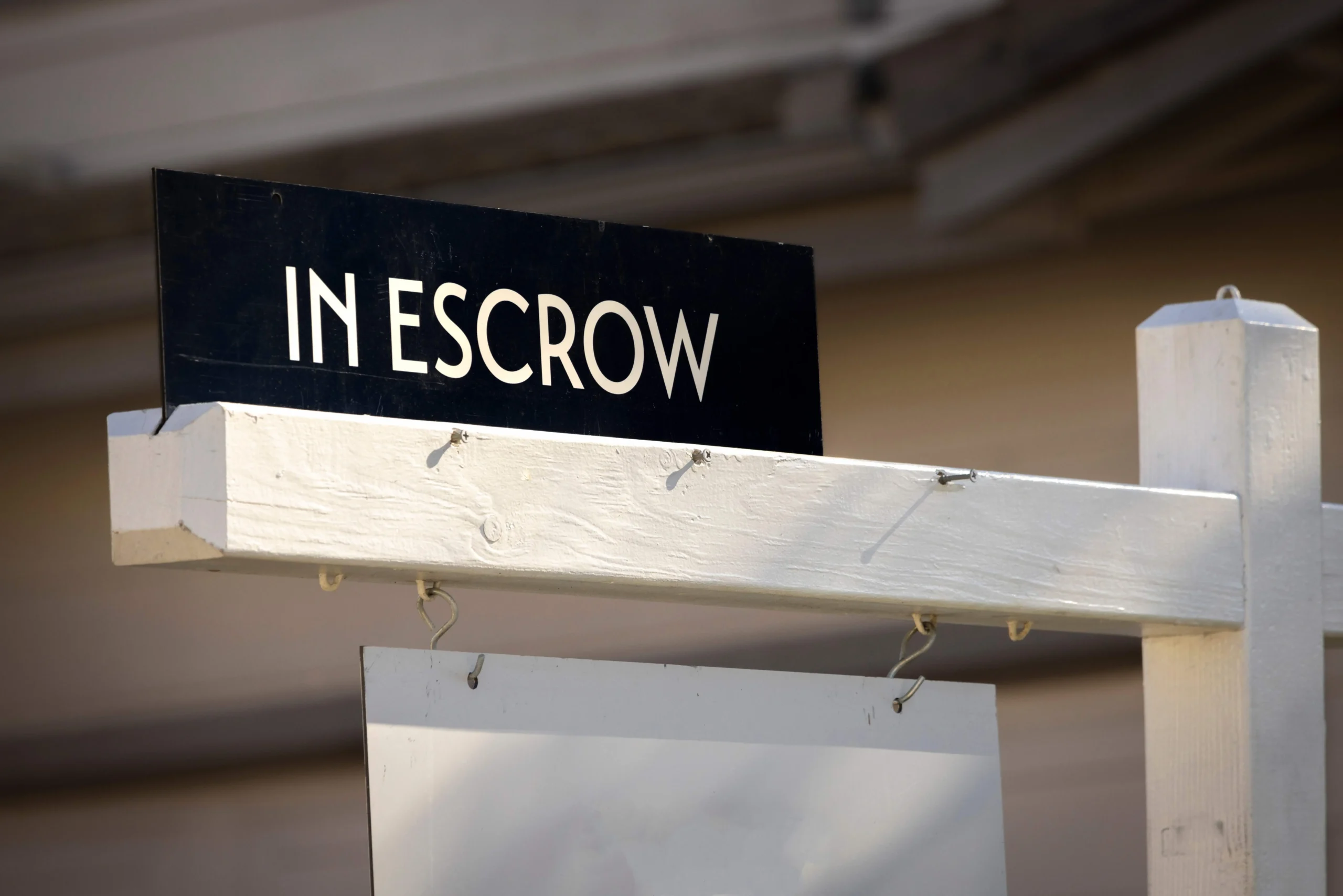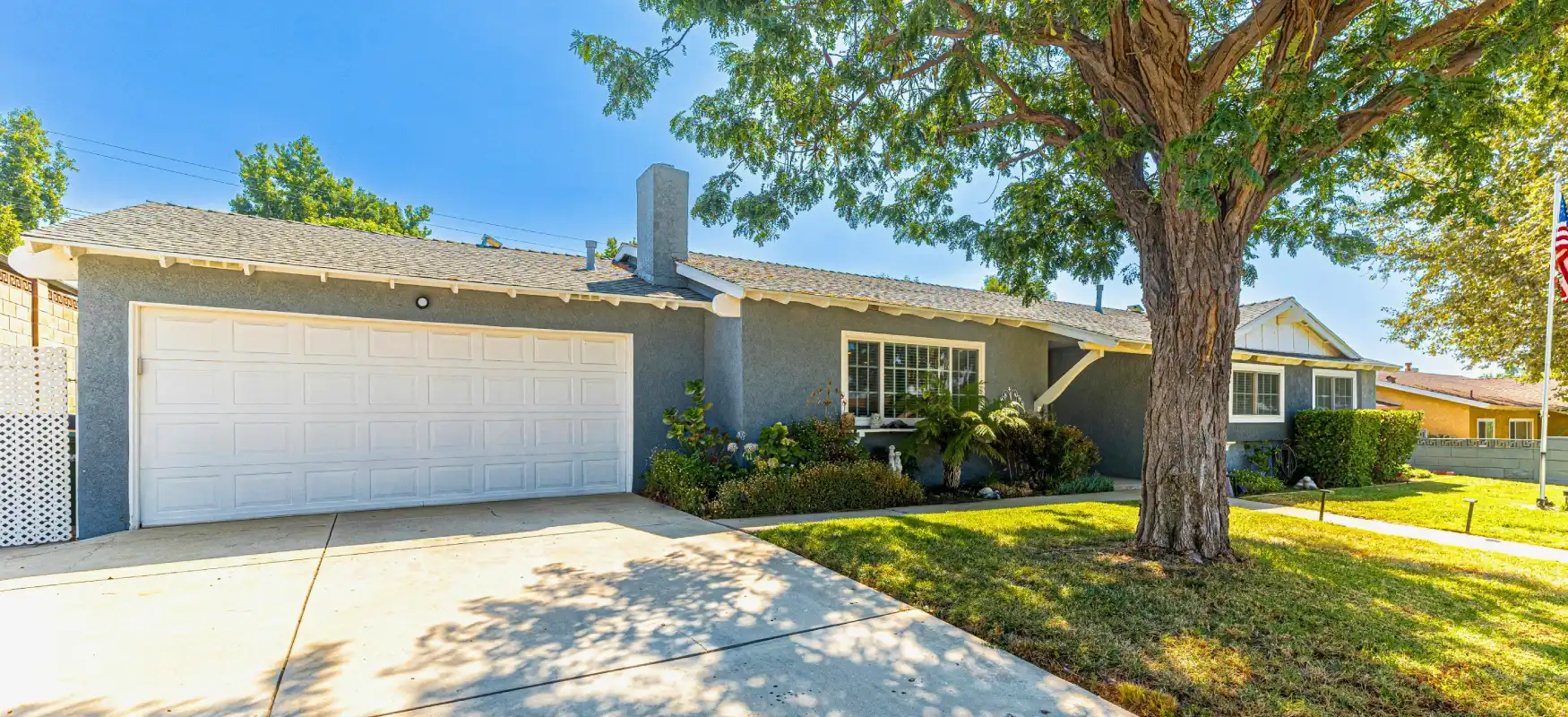When it comes to buying or selling a home, it’s important to know about the escrow fee in California. If the process is confusing, or you notice words you’ve never heard before, don’t worry. We’re here to make sure you know exactly what you’re doing through the process.
What Is Escrow?
One term you may hear about is escrow. In California, escrow is heavily regulated. Escrow is a neutral third-party source (neither the buyer nor the seller) that stores documents, instructions, and funds during the financial transaction. It protects both the buyer and the seller, ensuring they meet their obligations.
How Does Escrow Work?
Once you have a purchase agreement, the escrow process begins. It involves the seller, buyer, title company, real estate agents, lenders, if applicable, and the escrow company or officer. Here are the steps to the process.
- Opening: After you’ve reached a purchase agreement, both parties sign documents to open an escrow account.
- Deposit: The buyer makes a good-faith deposit to the account.
- Review: The escrow company handles documents such as inspections, disclosures, and contingencies to make sure they’re completely correct. This may include title clearance, loan approval, appraisal, and home inspection.
- Process: Next comes the loan and title process, where the title company receives the loan documents from the escrow company.
- Signing: Once all steps are complete, the final review and signing include funding the purchase and signing the final documents.
Escrow closes once the deed is recorded with the county, and the seller gets their money.
The state of California keeps a close eye on escrow companies, which are licensed by the California Department of Financial Protection and Innovation. These companies must follow strict financial and ethical standards, use trust accounts, and be bonded and insured.
What’s the Cost of Escrow in California?
In most cases, the buyer and seller split escrow costs. This is a common negotiation tactic often employed during the buying and selling process. The escrow cost usually depends on the selling price but typically ranges from $1,000 to $3,000. Additionally, the escrow company typically charges a base fee, as well as a charge per thousand of the purchase price.
Escrow is also used for business or construction financing, stock sales or mergers, freelance contracts or stock sales, and rent security deposits. Most escrow accounts are only open for 30-45 days, but this is negotiable. Many factors can slow down or speed up your escrow:
- Buyer and/or seller responsiveness
- Contingency timelines
- Title clearance
- Lender approval
Why Should We Buy Your House?
At Stars & Stripes Real Estate, we’re experienced at turning homes into cash quickly. We require no closing costs, no commission, and no hidden fees. If you feel the selling process is overwhelming, if you aren’t getting interest in your home, or if you simply want to sell it quickly, you can do so through us.
Many homeowners deal with unexpected complications like divorce, health problems, major repairs, or other financial issues. We help alleviate the stress on your shoulders by handling the sale of your house, allowing you to focus on taking care of yourself. We are local, loyal, and loved real estate investors who want to help.
FAQs
Who chooses the escrow company?
There’s no hard and fast rule to answer this question. It can be negotiated, but both parties must agree on the company before opening the account.
Is escrow required in California?
No. While escrow is a trustworthy way to manage high-value purchases and transactions, it is not required by California law.
Do I have to have a real estate agent for escrow?
There’s no need to have a real estate agent to handle escrow, but it does make your life significantly easier. An agent can help guide you through terms, manage documents and timelines, and communicate with lenders.
If escrow is cancelled, do I lose my deposit?
Most companies have contingency periods, and you can usually get your earnest money back if you cancel during those terms. If your cancellation is outside those limits, the seller may get to keep the deposit.
What happens when escrow ends?
At the end of escrow, the buyer pays for the home, and the escrow company sends the deed to the county for recording. Funds are disbursed to the seller, and the buyer gets the keys. Once the seller has the proceeds from the home’s sale, escrow is officially closed.

